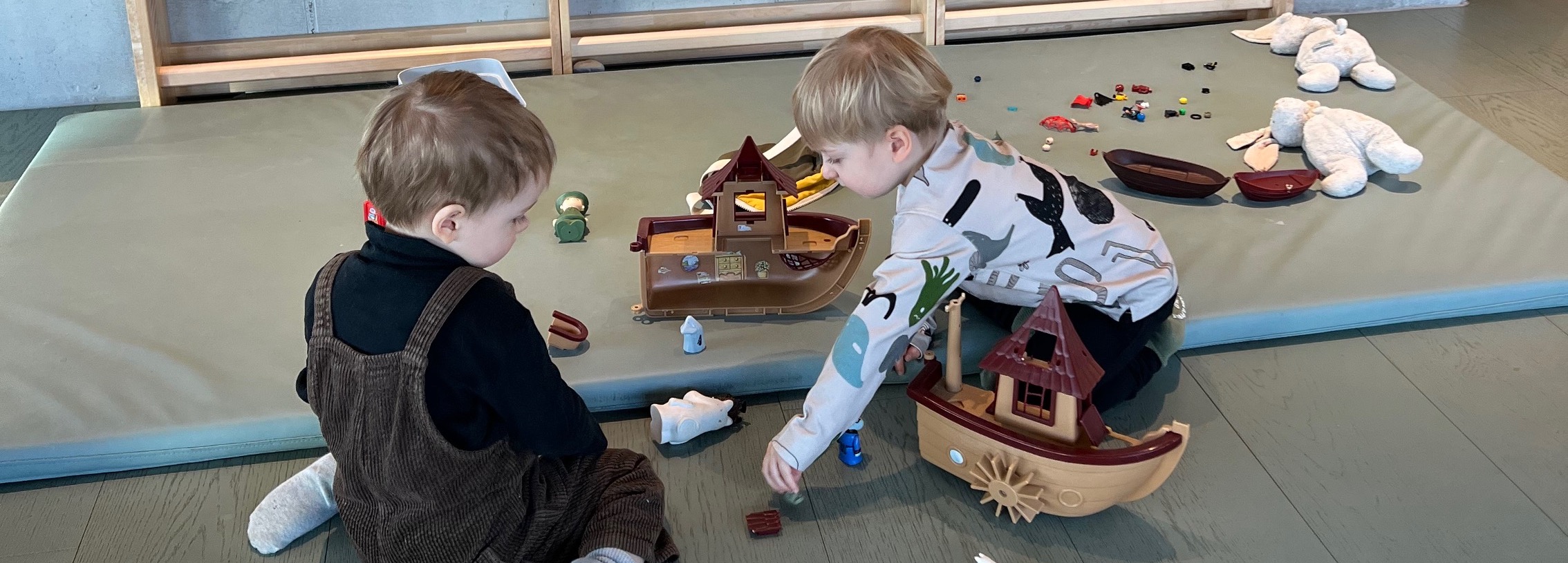Preschool owners face the persistent challenge of standing out in a competitive market. To explore solutions, Nils Lagerström, Executive Chairman of Kindiedays, interviewed Ranjan Goyal, an esteemed preschool expert from India. With over 16 years of experience in early childhood education, Ranjan shared insights on aligning preschools with modern educational expectations, addressing the concerns of parents and teachers alike.
Shifting Educational Expectations: From Teacher-Led to Child-Centered Learning
Ranjan highlighted a significant shift in parental expectations over the past decade. Earlier, preschools relied heavily on teacher-directed methods, focusing on rote memorization. Today, parents expect child-centered, experiential learning that actively engages children.
"Modern parents want preschools to use playful, research-based curricula that align with global standards while respecting local cultures," Ranjan explained. He pointed to India's National Education Policy (NEP) as a framework that aligns well with Nordic playful learning methods, emphasizing the importance of adapting international best practices to local needs.

Addressing Misconceptions About Playful Learning
One common parental concern is whether playful learning compromises academic progress. Ranjan clarified, "Playful learning doesn't reduce academic goals—it achieves them differently. Purposeful play is hands-on and engaging, helping children enjoy and retain their lessons better."
Nils added that in Finland, arithmetic concepts are taught through real-life situations rather than rote textbook exercises. For example, children might count objects during outdoor activities, fostering a deeper understanding of numbers in context. This approach ensures that foundational skills like literacy and numeracy are integrated into a holistic learning experience.
Building Trust Through Transparency
A recurring theme in the discussion was the importance of building trust with parents. "Parental dissatisfaction often stems from not knowing what’s happening in the classroom," Ranjan noted. He recommended making learning visible through pedagogical documentation, such as sharing photos, notes, or evidence of children’s progress via digital tools.
"Digital tools make it easier for teachers to communicate effectively without overwhelming their schedules," he said. This transparency satisfies parents and strengthens their partnership with the preschool.

Training and Retaining Teachers for Modern Pedagogies
Teachers are the backbone of any preschool, but adapting to modern methods requires support. Ranjan emphasized the need for continuous professional development. "Investing in teacher training motivates educators and reduces turnover. Training doesn't have to be extensive—it can be practical, hands-on workshops that align with day-to-day teaching needs."
Digital tools can also reduce teachers' administrative burden, allowing them to focus more on educating children. Tasks like writing repetitive parent updates can be streamlined through apps, freeing teachers to engage more meaningfully with students.
%20(1).jpg)
Differentiation: The Key to Admissions Growth
In a crowded market, standing out is crucial. Ranjan argued that quality education, strong parent partnerships, and satisfied teachers create a ripple effect that drives admissions. "Word-of-mouth referrals remain the most effective form of marketing," he said. Providing exceptional experiences for parents and children transforms them into advocates for the preschool.
Controlling Costs While Enhancing Efficiency
Operational efficiency is essential for sustaining a profitable preschool. Ranjan noted that many schools spend excessively on paper-based communication and printed materials. "Digital tools not only improve efficiency but also reduce costs," he said. Preschools can invest savings from reduced administrative expenses into curriculum development or teacher training, further elevating their offerings.
Adapting Global Best Practices Locally
The conversation also discussed the importance of customizing international methods to fit local contexts. While Nordic principles of playful learning have shown great success, they must be adapted to India's cultural and educational landscape. "Parents and teachers in India are ready for change, but it’s crucial to tailor these methods to our environment," Ranjan said.
Key Takeaways for Preschool Owners:
- Embrace Child-Centered Learning: Transition from traditional methods to playful, research-based curricula.
- Build Parental Trust: Use digital tools to make learning transparent and communicate effectively.
- Invest in Teachers: Provide ongoing training and reduce administrative burdens to enhance teacher satisfaction and retention.
- Differentiate Your Preschool: Deliver exceptional experiences to parents and children to boost word-of-mouth referrals.
- Optimize Costs: Leverage technology to reduce expenses and improve operational efficiency.
As early childhood education evolves, preschools that adapt to these changing dynamics will thrive and set new benchmarks for quality and innovation.
Let’s Build a Thriving Preschool Together
At Kindiedays, we’re passionate about supporting preschool owners, managers, and teachers in creating centers of excellence. Whether you’re just starting or scaling your business, we have the tools and expertise to help you succeed.
We look forward to hearing from you,
Team Kindiedays
.png)